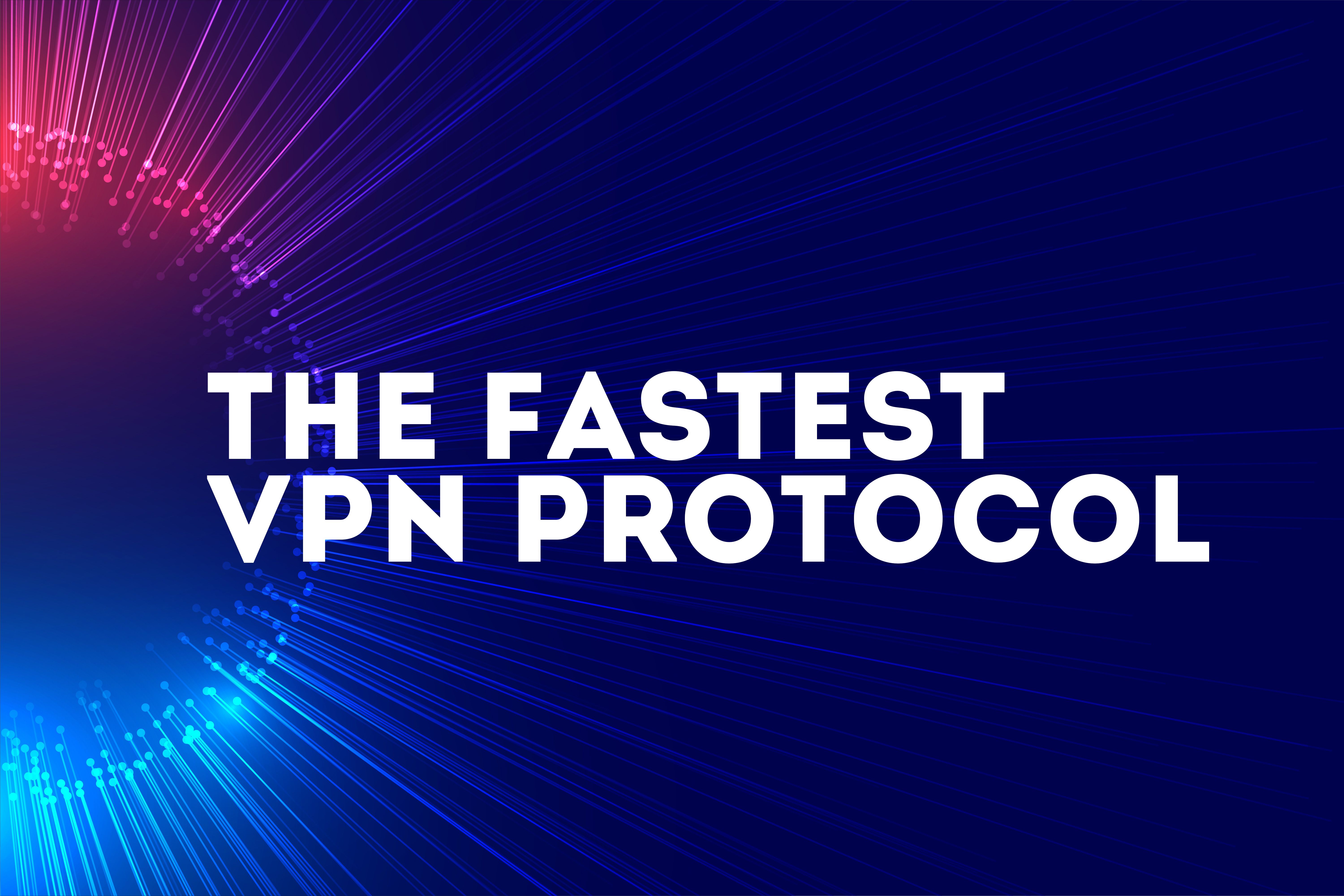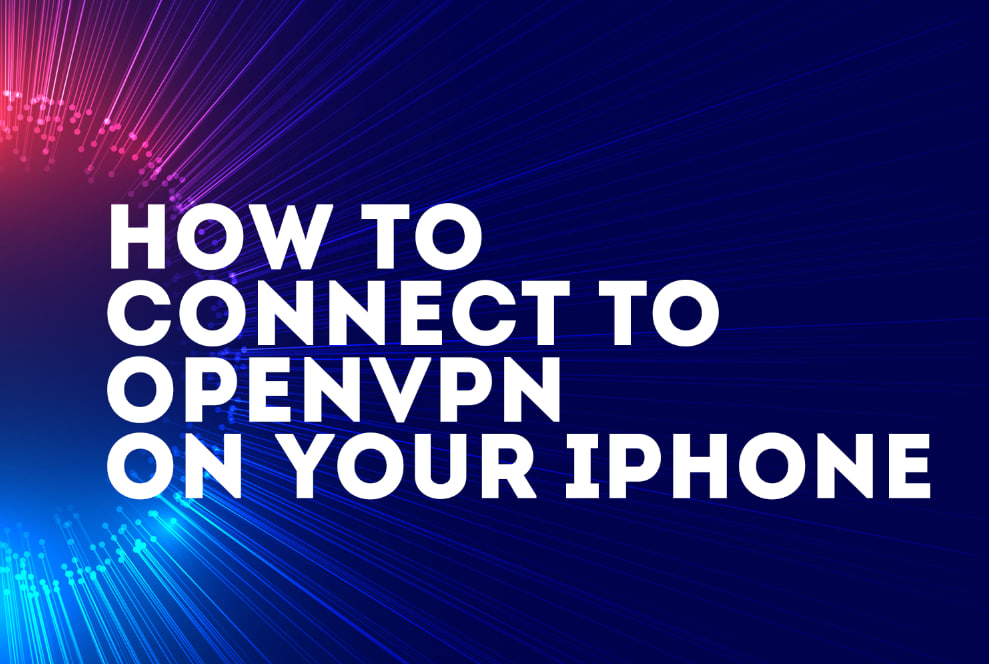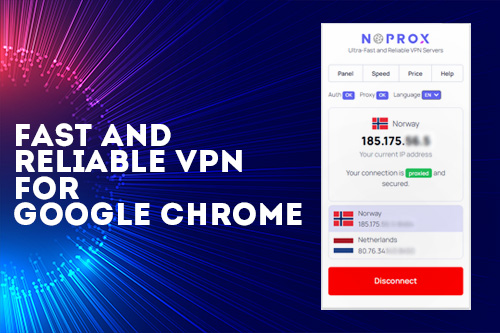How to Use Public Wi-Fi Safely: Tips to Protect Your Data

Author
Kevin Wong | Technical specialistPublic Wi-Fi networks are convenient but pose significant security risks. Learn how to protect yourself from potential threats.
Today, access to public Wi-Fi hotspots has become ubiquitous, from cafes and shopping centres to airports and hotels. Many of us are happy to connect to free networks without thinking about the potential threats. However, these networks are a haven for cybercriminals.
One of the main problems with public Wi-Fi is its vulnerability. Most of these networks are not properly encrypted, making them an easy target for man-in-the-middle (MITM) attacks. A hacker can intercept data travelling between your device and the internet, gaining access to logins, passwords, banking information, and other sensitive data.
Why are Public Wi-Fi Networks Unsafe?
The main problem with public Wi-Fi networks is that they are accessible to anyone. This means that anyone can connect to them, including hackers who may try to intercept your traffic and gain access to sensitive information.
In addition, many public networks use outdated security protocols or do not require a password to connect at all. This means that transmitted data is not protected in any way and can be easily intercepted and decrypted.
Another danger lies in so-called ‘evil twins’ - fake access points that masquerade as legitimate networks. By connecting to such a network, you risk putting your data directly into the hands of attackers.
What Personal Information is at Risk on Public Wi-Fi?
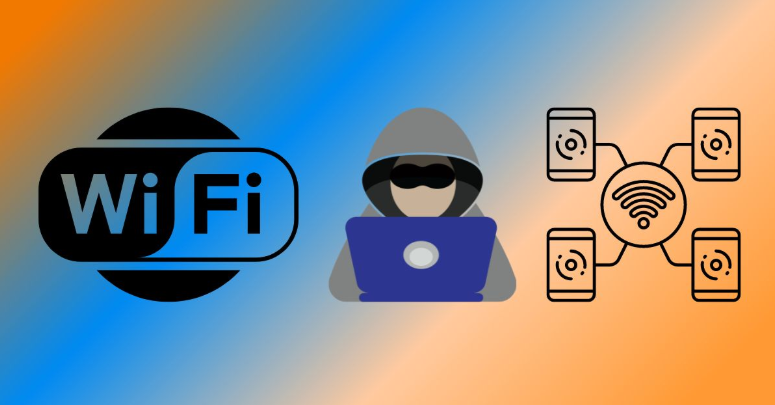
When you connect to open Wi-Fi, you're effectively opening the door to your digital life. Everything from passwords and messages to banking transactions and personal photos can be exposed to attackers. These networks are rarely properly secured, and with unencrypted transmissions, anyone with minimal technical skills can intercept your correspondence, downloads, and even account access. You may not notice your personal information ending up in the hands of those who use it for fraud, identity theft, or profile hacking.
How to Protect Your Data on Public Wi-Fi Networks
Fortunately, there are some effective ways to keep yourself safe when using public Wi-Fi:
- Use a VPN. A virtual private network (VPN) encrypts all your traffic and protects it from interception. Choose trusted providers and be sure to turn on the VPN before connecting to a public network.
- Give preference to sites with HTTPS. The encrypted HTTPS connection protects the transmitted data from interception. Make sure the site you are accessing uses this protocol (the address bar should have ‘https://’ and a padlock icon).
- Do not transmit sensitive information. Avoid entering passwords, credit card numbers and other sensitive data when connecting to a public network. If possible, postpone such transactions until you are on a secure network.
- Use two-factor authentication. Even if hackers get your password, they won't be able to log into your account without a second factor (such as a code from an SMS).
- Verify the legitimacy of networks. Before connecting to a public network, make sure that it is indeed the institution's official network and not a fake access point. It is better to check the network name and password with the staff.
- Configure your device. Switch off the auto-connect to Wi-Fi networks feature so your device doesn't connect to unknown hotspots without your knowledge. It's also worth turning off file and printer sharing and switching on your firewall.
- Use mobile internet. If you can, it is better to connect to the Internet via a mobile network than via public Wi-Fi. Mobile networks are better protected and less vulnerable to attack.
- Install an antivirus. A good antivirus with web protection will help detect and block phishing and malware attempts.
How Does a VPN Protect You?
Virtual Private Network or ‘virtual private network’. Most active Internet users are already familiar with this term. As a rule, VPN is used to get access to blocked sites, for example, if your ISP has banned you from visiting a particular resource.
VPN is another additional way of data encryption besides HTTPS. It helps to hide data not only from the owner of the wireless access point, but also from the ISP. VPN also provides an increased level of anonymity.
Access to the Internet is carried out through a special encrypted channel. First, the traffic from the user goes to the VPN-service, and it in turn connects to the required resource. In fact, VPN is a kind of intermediary through which you communicate with the world with minimal risk of eavesdropping.
How to Choose the Best VPN
- Purchase a VPN
Free VPNs may seem alluring, but at best they may provide a slower service with fewer servers and data caps, forcing you to upgrade to the commercial version. Some, nevertheless, have a reputation for selling users' surfing data and saturating them with advertisements.
Since it supports the development, infrastructure maintenance, and other expenses required to run a VPN service with user subscription charges, a solid, reliable VPN will never do such things.
- Check the security features
The most popular encryptions used by premium VPNs to render your data unintelligible to prying eyes are AES-256 and ChaCha20. Additionally, ensure that reliable open-source VPN protocols like WireGuard or OpenVPN are used in conjunction with the encryption.
- Check connection speed
Your internet speed will be slowed down by a VPN, but how much? Because a high-quality VPN uses the most effective protocols and has the quickest servers closest to your location, it will have no effect.
- Consider simplicity of use
You would undoubtedly want the app to be user-friendly if you want to utilize a VPN anytime you go online. Check to verify if the VPN app has a user-friendly interface and round-the-clock customer service in case you need help.
- Compatibility with devices
Make sure that the VPN works on all your gadgets: phones, tablets, laptops.
How to use VPN on Wi-Fi
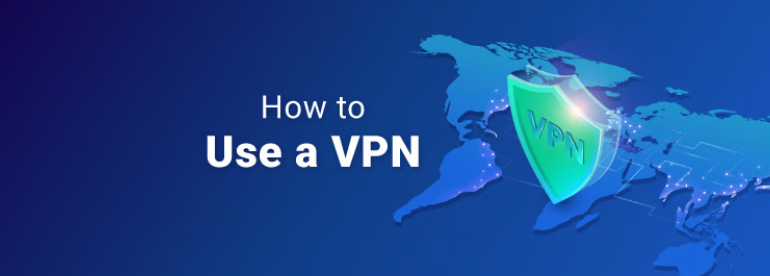
Using VPN on public Wi-Fi does not require any special technical knowledge:
- Install the app of the chosen VPN service on your device.
- Register and sign in to your account.
- Connect to the Wi-Fi network, then open the VPN and click "Connect".
- Select a server (usually the fastest one is selected automatically).
- Make sure the connection is active - the VPN icon will appear in the status bar.
Now you are protected and can safely surf the Internet.
Pros and Cons of Using VPN on Wi-Fi
| Pros | Cons |
|---|---|
| Reliable protection of personal data | Loss of connection speed |
| Anonymity on the network | Not all VPNs work with streaming services |
| Secure access to corporate resources | Paid subscriptions are an additional expense |
| Ability to bypass regional blocking | |
| Protection even on unencrypted networks |
Public Wi-Fi vs. Home Wi-Fi: Is a VPN Needed for Both?
Yes, a VPN is useful not only on public networks, but also at home. While a home network seems secure, it can be vulnerable too:
- The ISP can track your activity.
- Smart devices in the home may have weak security.
- Relatives may accidentally infect your network with malware.
Using a VPN on your home network protects your personal information, provides anonymity, and prevents outside interference.
Conclusion
Public Wi-Fi networks, for all their convenience, pose serious risks to the security and privacy of users. Hackers can use these networks to intercept traffic, steal personal data, distribute malware, and other types of attacks.
To protect themselves, users should adhere to a number of digital hygiene rules: use a VPN, give preference to sites with HTTPS, do not transmit confidential information via public Wi-Fi, check the legitimacy of networks, etc. Providers also play an important role in ensuring security; they must use modern security protocols, encrypt traffic, monitor the network for threats, and inform users.
Use only trusted services, remember to update and be careful when sharing confidential information. Internet security is, first and foremost, your awareness.
Frequently Asked Questions
- How dangerous is public Wi-Fi without a VPN?
Quite dangerous. Your data can be intercepted by attackers without your knowledge.
- Can I use banking over public Wi-Fi if I have a VPN?
Yes, but it is better to avoid financial transactions in public places, even with a VPN.
- Does a VPN reduce the speed of the Internet?
A little, depending on the server. But modern VPN services reduce speed losses to a minimum.
- Is VPN completely safe?
A VPN is a powerful tool, but it is not a substitute for common sense. Do not click on suspicious links and update your software.
- How do I know if a VPN is working?
Check the IP address before and after connecting. Also, the VPN icon will appear in the status.
